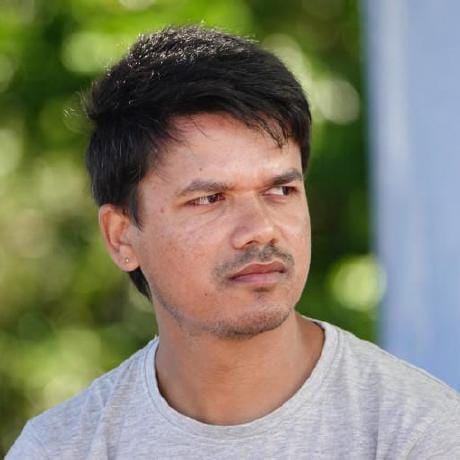Conference FlaskCon by Python enthusiasts
The Python Mauritius User Group (PyMUG) has been around for quite a while. One of its founding members who has been an active community member has put efforts into orgnising a virtual conference about the Flask micro framework.

The dates for FlaskCon 2021 have been announced. It will run from the 1st — 4th of December this year itself. FlaskCon 2021 is in its second edition and just like last year, this conference also will be virtual. Therefore, anyone from any part of the world can attend.
I spoke to Abdur-Rahmaan Jahangeer, a Python developer from our very own little island, Mauritius. He is part of the conference organising committee and probably also the best suited to give me a little backstory on FlaskCon since he was among those who started this official Flask conference.
Yes, FlaskCon is not just a conference about Flask, it is recognised by the Pallets Projects, the organisation that maintains Flask and a bunch of other cool Python projects.
What is Flask?

Flask is commonly called a micro web framework. It is written in Python and it was created by Armin Ronacher in 2010. Flask became popular very quickly among Python developers looking to build web applications or just an API in a matter of short time. It is small and does not require a lot of dependencies or resources to run it.
I won't go deep into explaining about the framework. FlaskCon is precisely for this, where Flask enthusiasts & devs share their knowledge and experience.
Abdur-Rahmaan told me that he had seen Flask conferences happening in other countries, like Brazil, but they were not officially endorsed by the Pallets Projects. So, when the idea of FlaskCon was brewing up he reached out to several Python User Groups in different countries. Some of these user groups, like PyCon China, PyCon Ireland, Gilan Pug, PyCon Nigeria and PyCon Moscow replied favourably. They offered help to organise what will become the first "remote" FlaskCon officially recognised by the Pallets Projects. That was last year.
The Pallets Projects is an organisation that caters for the maintenance of Flask, Jinja (templating engine) and a bunch of other Python libraries. The organisation was created to offload the responsibility of maintaining a project on a single person, such as Armin Ronacher, and ensure continuity of projects. This is well explained in the Governance Structure of the Pallets Projects.
Shopyo
The FlaskCon website runs on Shopyo, a framework developed by Abdur-Rahmaan. Shopyo itself is built on top of Flask and it intends to supercharge the latter. By design, Flask is kept simple, as it gives the developer the freedom to choose how to build his/her app. In contrast, Django, another popular Python framework, comes bundled with a lot of in-built features, leaving less room for such customisation.
Shopyo extends Flask without denying the developer the freedom that Flask offers. The source code of Shopyo is available on GitHub.
Do not hesitate to reach out to Abdur-Rahmaan for questions about Shopyo, he is always just a DM away.
If I am able to attend FlaskCon, I will definitely write more about it.
